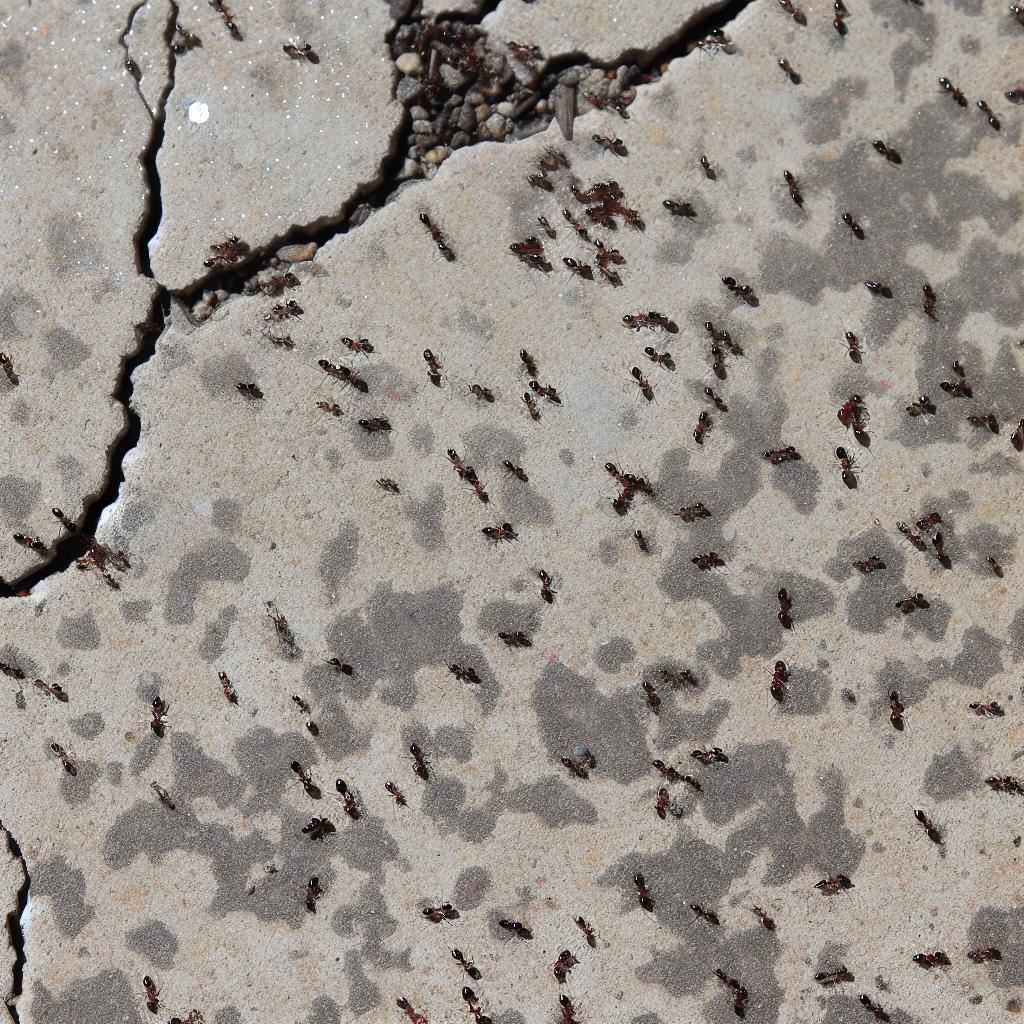Discover effective strategies to eliminate ants and keep your home pest-free with expert tips from this comprehensive guide.
Identifying Common Ant Species in Homes
Identifying the type of ant species infesting your home is crucial for effective ant extermination. Common ant species found in homes include odorous house ants, carpenter ants, and pavement ants. Odorous house ants are small, dark brown ants that emit a strong, unpleasant odor when crushed. Carpenter ants are larger ants that can cause structural damage to homes as they build their nests in wood. Pavement ants are small, reddish-brown ants commonly found nesting in cracks and crevices in pavements and walls.
By identifying the specific ant species, you can choose the most appropriate extermination methods and target their nesting areas more effectively.
Natural Remedies for Ant Control
If you prefer to use natural remedies for ant control, there are several options available. One effective method is to create a mixture of equal parts vinegar and water and spray it along ant trails, entry points, and areas where they nest. Ants dislike the smell of vinegar and will avoid crossing the sprayed areas.
Another natural remedy is to sprinkle diatomaceous earth near ant trails and entry points. Diatomaceous earth is a fine powder that dehydrates ants and other insects upon contact, effectively killing them.
Additionally, you can use essential oils such as peppermint, lemon, or tea tree oil to repel ants. Mix a few drops of the chosen oil with water and spray it in areas where ants are present.
DIY Ant Extermination Techniques
If you're looking to take matters into your own hands, there are several DIY ant extermination techniques you can try. One method is to use ant baits or traps that contain a sweet or protein-based bait. These baits attract ants, which then carry the poison back to their colonies, effectively eliminating them.
Another technique is to create a homemade ant bait using a mixture of borax and sugar. Mix equal parts of borax and sugar and place small amounts of the mixture near ant trails or entry points. The ants will be attracted to the sugar and unknowingly consume the borax, which is toxic to them.
You can also use ant sprays or powders that contain insecticides specifically formulated for ant control. Follow the instructions on the product carefully and apply it to areas where ants are present.
When to Call a Professional Ant Exterminator
While DIY methods can be effective for smaller ant infestations, there are instances when it's best to call a professional ant exterminator. If you have a large or persistent ant infestation that doesn't respond to DIY treatments, it's advisable to seek professional help.
Professional ant exterminators have the knowledge, experience, and specialized tools to effectively eliminate ants from your home. They can identify the root cause of the infestation, locate hidden ant nests, and provide long-term solutions to prevent future infestations.
Additionally, if you have concerns about the use of insecticides or prefer a more eco-friendly approach, professional exterminators can offer alternative pest control methods that are safe and effective.
Preventative Measures to Keep Ants Away
Taking preventative measures is essential to keep ants away from your home. Seal any cracks or gaps in your home's foundation, walls, and windows to prevent ants from entering. Keep your kitchen and dining areas clean and free of food crumbs or spills, as these attract ants.
Store food in airtight containers and regularly clean your pantry to remove any potential food sources for ants. Keep your outdoor garbage cans tightly sealed and dispose of trash regularly to avoid attracting ants.
Trim any tree branches or shrubs that may be touching your house, as these can serve as bridges for ants to access your home. Finally, consider applying a barrier treatment around the perimeter of your home using ant repellent products or natural substances like cinnamon or citrus peels.



Comments (0)